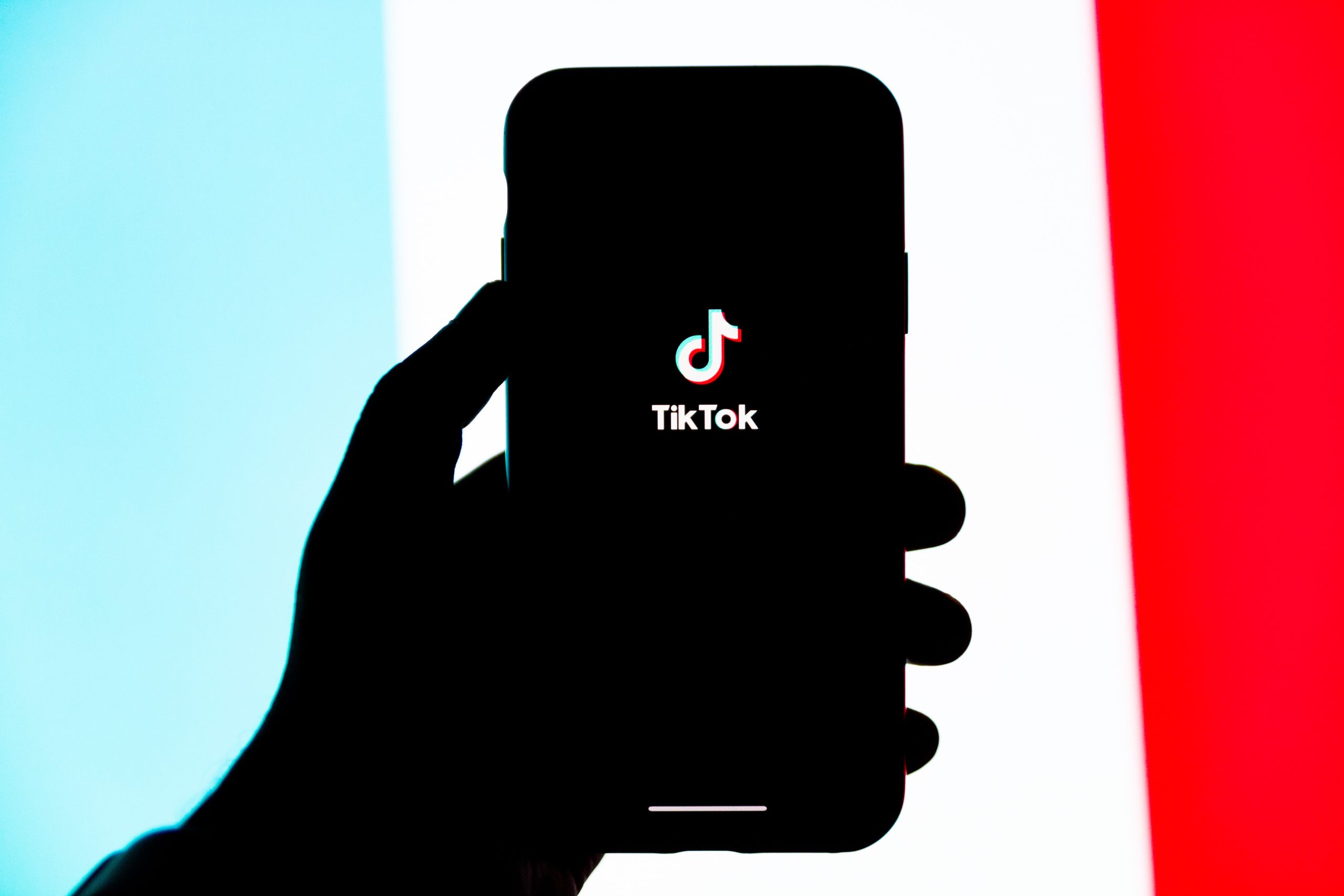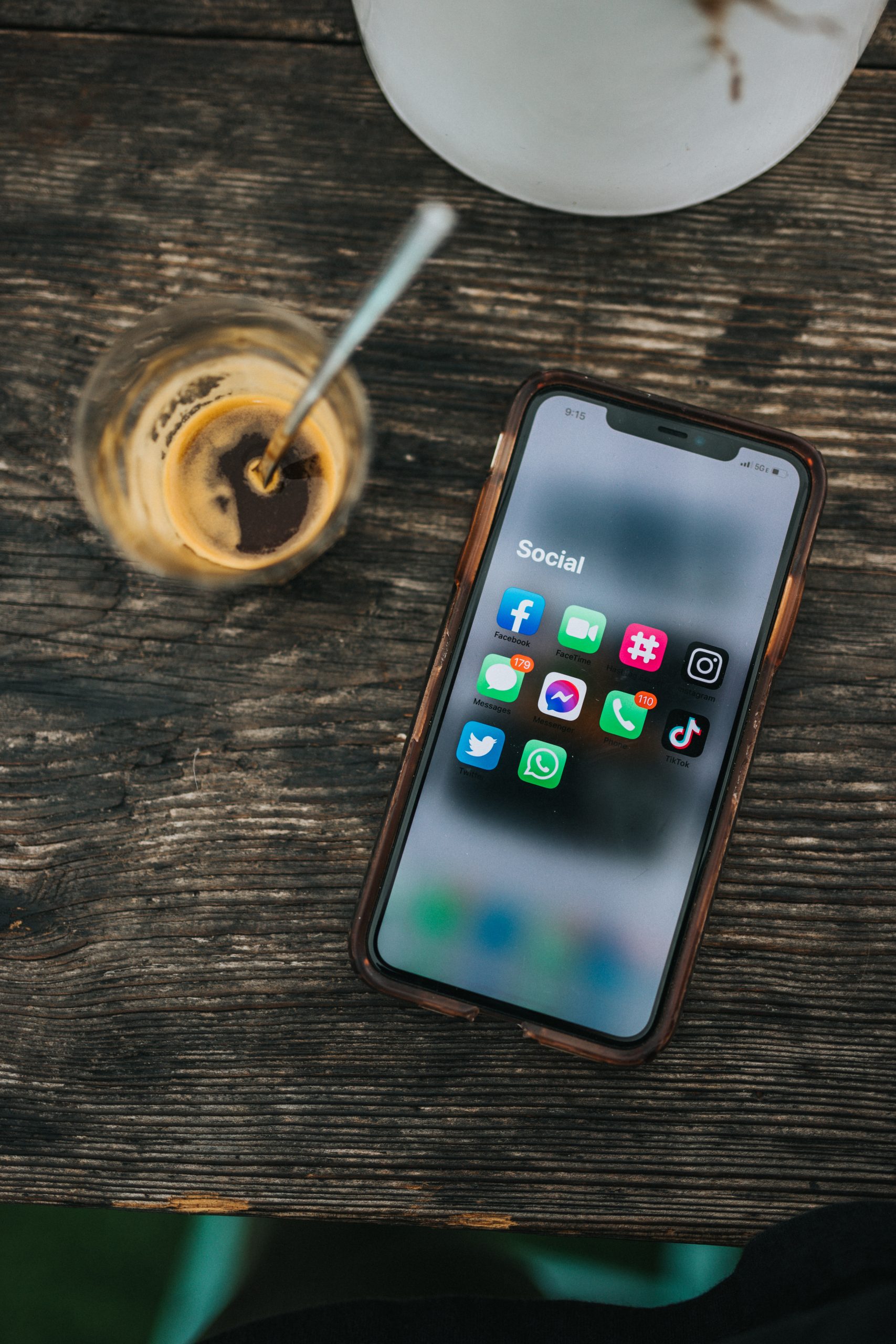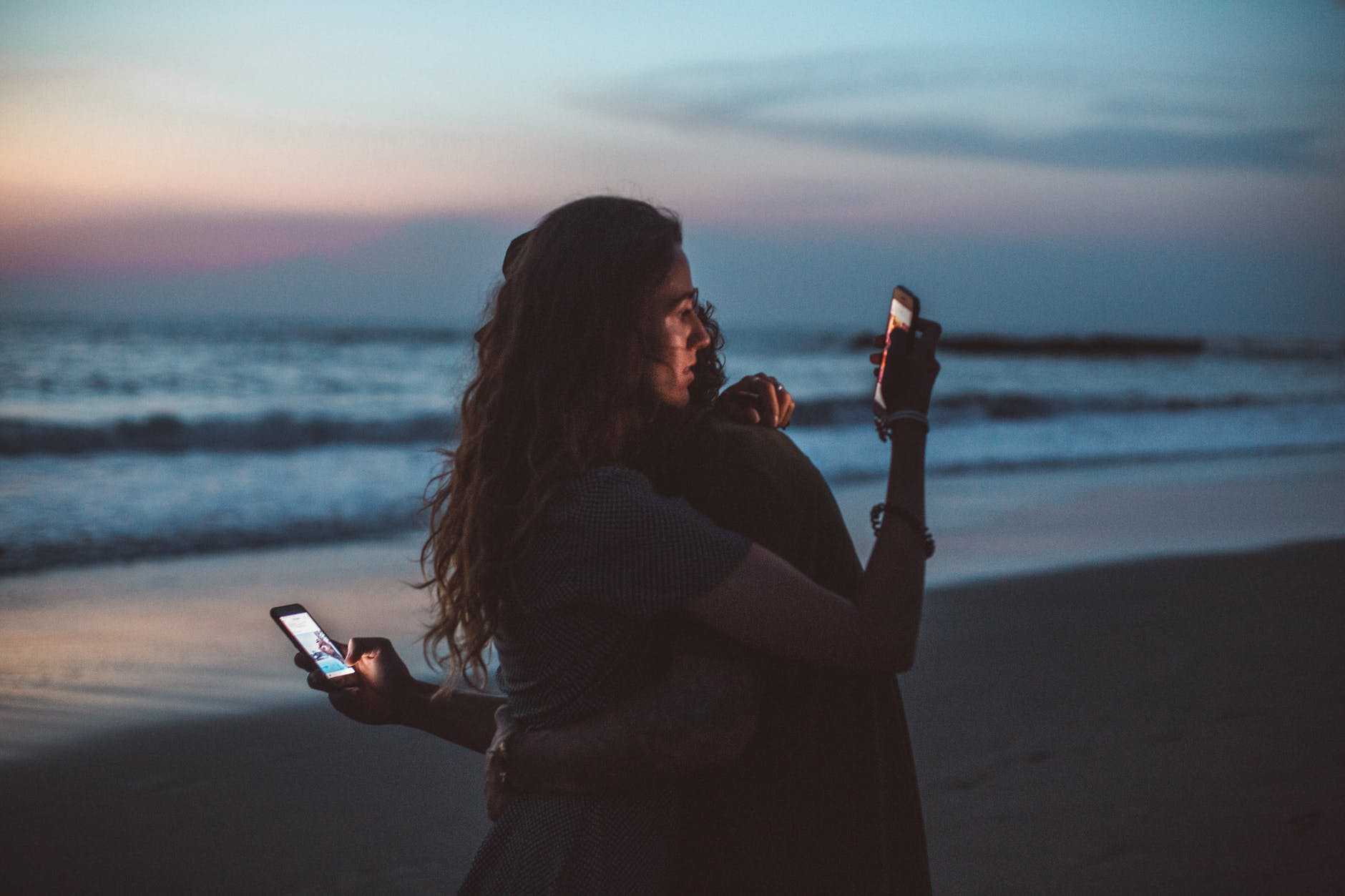In the age of bite-sized entertainment, TikTok has emerged as a cultural phenomenon, captivating millions with its short-form videos that range from humorous sketches to dance challenges. While it provides a platform for creativity and self-expression, the unspoken impact of TikTok on mental health and well-being deserves our meticulous examination. In this comprehensive exploration, we’ll delve into the profound psychological effects of TikTok, offering a deeper understanding supported by scientific research and real-life anecdotes, and provide strategies for mindful consumption.

The Dopamine Dilemma:
TikTok’s allure lies in its ability to activate our brain’s reward system, releasing dopamine that reinforces our engagement. A study in “Nature Communications” reveals how social media, including TikTok, can drive compulsive use by elevating dopamine levels.
However, TikTok’s personalized content delivery system has a downside. Users often find themselves trapped in digital echo chambers, reinforcing their existing beliefs and leading to polarization and confirmation bias, as shown by Pew Research Center studies.
Moreover, the curated and idealized nature of TikTok content fosters negative social comparisons, fueling feelings of inadequacy. Research by the Royal Society for Public Health highlights the platform’s significant impact on body image and self-esteem.
Let’s delve into some facts together (TikTok)

Impact on Sleep:
- Sleep Disturbance: Excessive use of TikTok, especially late at night, can disrupt sleep patterns. The blue light emitted by screens interferes with the body’s natural production of melatonin, a hormone responsible for regulating sleep.
- Sleep Deprivation: A study published in the journal “Sleep Health” found that individuals who use social media before bedtime, including TikTok, are more likely to experience sleep deprivation and report lower sleep quality.
Time Spent on TikTok:
- Staggering Daily Usage: Research conducted by the analytics firm App Annie revealed that, on average, users spend over 80 minutes per day on TikTok. This extensive screen time highlights the platform’s addictive nature.
- Millions of Active Users: As of 2021, TikTok boasted over 2 billion downloads worldwide, with millions of active users generating and consuming content daily.
Scrolling on TikTok, Short Videos and Brain Impact:
- Information Overload: The rapid-fire nature of short-form videos on TikTok can overwhelm the brain with a constant stream of information. A study in the journal “Computers in Human Behavior” suggests that excessive information overload from social media can impair cognitive functions like memory and attention span.
- Dopamine Release: Scrolling through short videos can trigger the brain’s reward center, leading to increased dopamine release. This pleasurable sensation reinforces the habit of mindless scrolling, making it challenging to disengage.
Duration of Watching TikTok and Eye Health:
- Eye Strain: Prolonged periods of watching TikTok videos, often accompanied by rapid screen transitions, can lead to digital eye strain. Symptoms include dry eyes, headaches, and blurred vision.
- Reduced Blink Rate: Research from the American Optometric Association indicates that people tend to blink less frequently while staring at screens, leading to reduced tear production and potential eye discomfort.
- Increased Myopia Risk: A study in the “Journal of Ophthalmology” found that prolonged screen time, such as watching TikTok videos for extended periods, is associated with a higher risk of myopia (nearsightedness) in children and adolescents.
TikTok’s unspoken impact on mental health underscores the critical need for mindful consumption. By understanding the role of dopamine, recognizing the echo chamber effect, and practicing digital detox, users can enjoy the platform’s creative content without compromising their well-being. Remember, TikTok can be a source of inspiration and connection when approached with mindfulness and moderation, and its impact on our mental health is a multifaceted issue that requires careful attention and proactive strategies.



